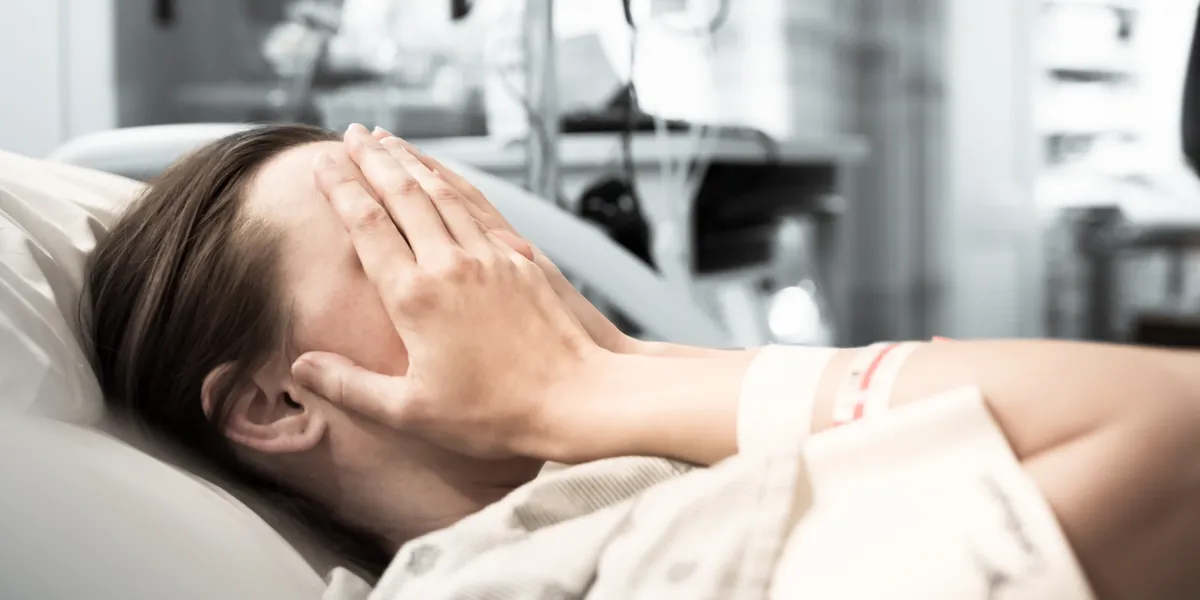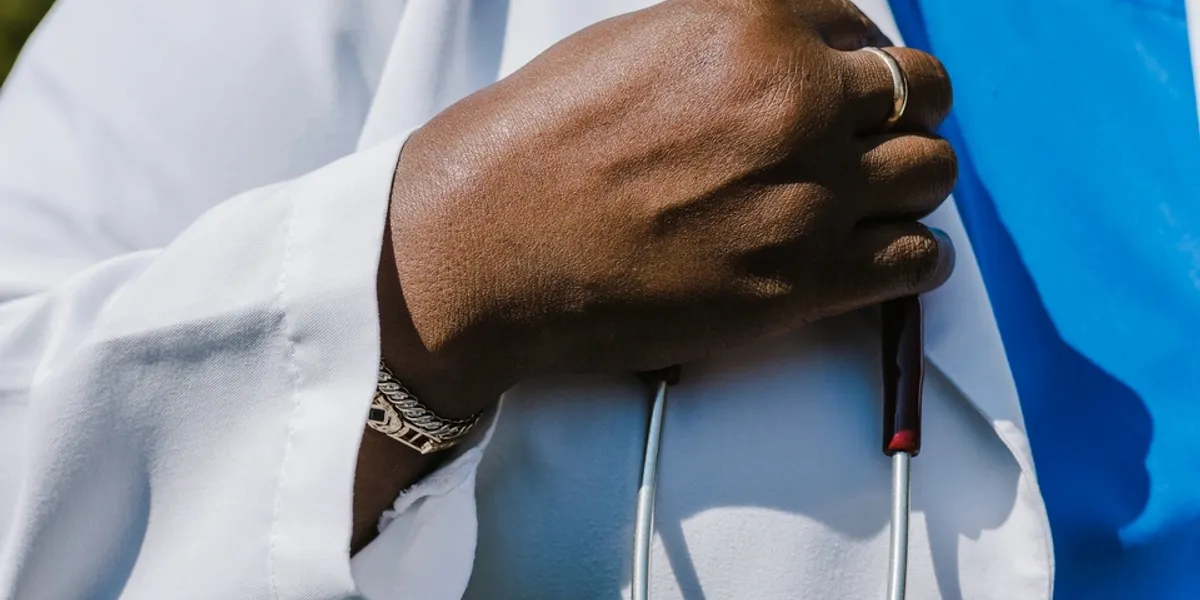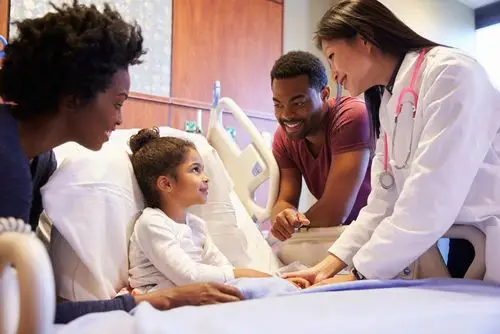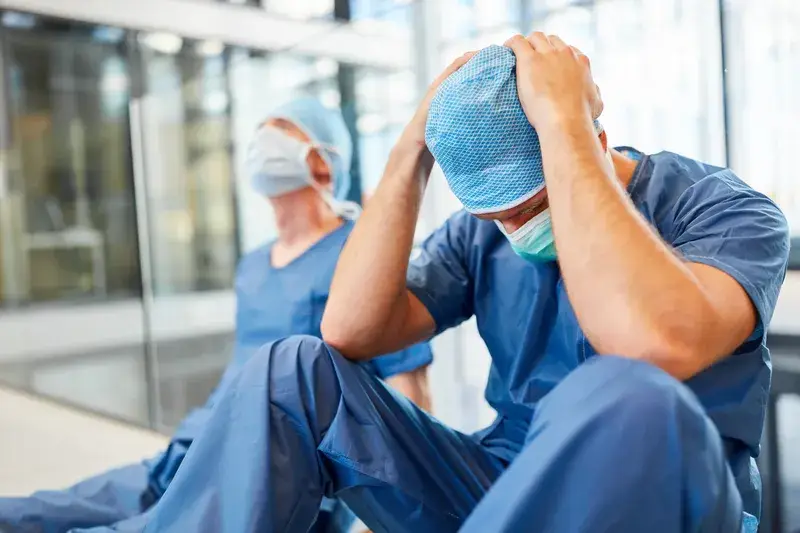uniting voices & healing healthcare
Healthcare is Broken
The Do No Harm Project is a grassroots effort of rare disease patients, advocates, non-profit organizations, physicians, healthcare providers, legal professionals and child welfare experts who want to raise awareness and work to solve some of the darker challenges in medicine.

It's Time To Talk About What Hurts
We recognize that long diagnostic journeys, gaps in rare disease awareness, access to care challenges and psychological misdiagnosis can negatively impact the wellbeing of patient and healthcare workers alike.

Together We Can Do More
The first step in mending medicine is to be able to talk openly and honestly about what hurts. We aim to empower ongoing efforts and talk about “the tough stuff” that can make healthcare harmful.
We hope to support rare disease patients who are navigating a healthcare system that is not meeting their needs, and elevate the works of people and organizations who are striving to improve access to care and better protect rare and undiagnosed children and families.
How We Help
Educate
Providing information about “harm issues” that impact trust and wellbeing.
Elevate
Amplifying the voices of patients, advocates, physicians, healthcare workers and all who strive to help heal our healthcare system.
Empower
Patients, caregivers, physicians and healthcare providers with supporting information and identified resources to help navigate “tough touch points” with a goal of improving safety and wellbeing.

THE DO NO HARM PROJECT
Rare Disease
It can take many years to obtain a diagnosis of a rare disease (5 years is the most recent estimate.) During that time, the stress and psychological toll on the patient and their family is enormous. Even after diagnosis, treatments may not be available.
In the US, a rare disorder is defined as a disease or condition affecting less than 200,000 Americans. With more than 7,000 rare diseases identified, around 30 million Americans have a rare disease.*
https://rarediseases.org/rare-diseases/
Complex Medical Conditions
Patients with rare diseases often have multiple issues negatively impacting their lives. One study found that among outpatient visits to primary care physicians, rare diseases accounted for 1.6% of the visits between 2012 and 2014. Patients with rare diseases were 52% more likely to be referred to another provider.
There was no significant difference in the amount of time spent with patients with rare disease versus common disease. However, those with rare disease had a significantly higher total number of chronic diseases compared with patients without rare disease.**

Healthcare Providers
Beyond supporting patients and caregivers, The Do No Harm Project recognizes the often overwhelming stress and exhaustion experienced by healthcare providers. Being expected to “get it right all the time,” physicians, nurses, psychologists, and social workers are burning out in record numbers. Caring for our nations’ professional carers, helping them enjoy and achieve work-life balance, assuring their continued work without threat of litigation, these goals require significant changes in the system. Highlighting the complex challenges practitioner’s face is another important way to advance a long overdue and much needed dialogue.
Information & Resources
- Parental rights
- PTSD in the medical setting
- Misdiagnosis
- Psychological safety
- Communication strategies
- Preventing burnout
- Medical child abuse
Take Action
Legislative efforts to protect children with rare disease and/or complicated medical conditions and their families are in the works throughout the US.
News
Links to press on rare disease, complicated medical conditions, safety, PTSD, misdiagnosis and more
Join the Conversation
This site is protected by reCAPTCHA and the Google Privacy Policy and Terms of Service apply.